Blog
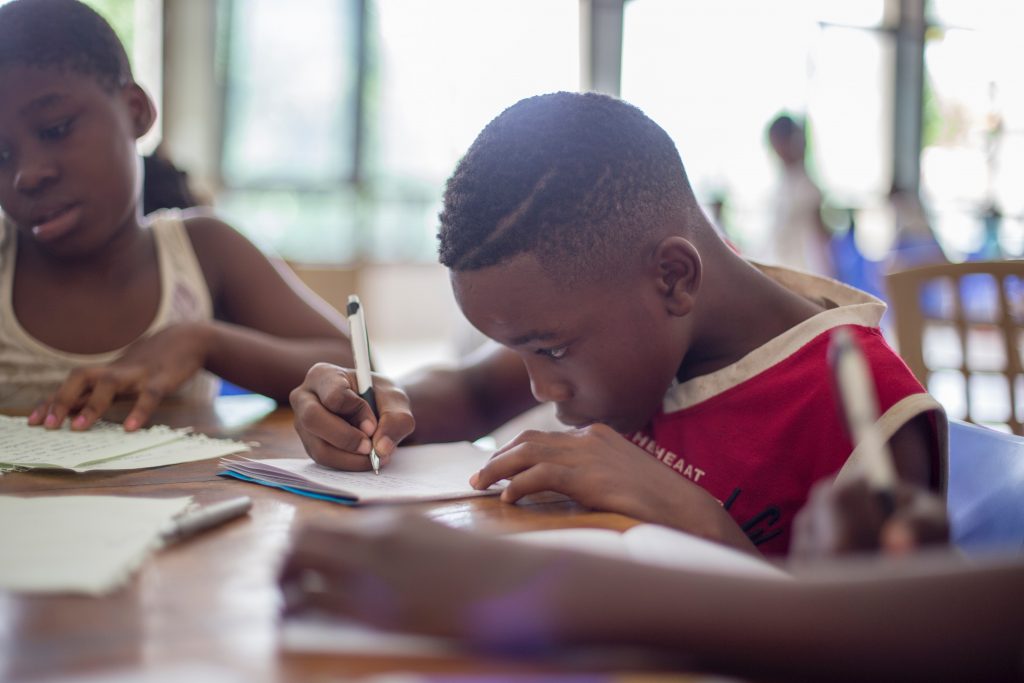
Supporting Children with Learning Disorders: A Guide for Parents
Learning disorders, sometimes referred to as learning disabilities, are neurodevelopmental conditions that affect a child’s ability to acquire, process, or retain information effectively. Parenting a child with a learning disorder can be both a rewarding and challenging journey. It requires patience, understanding, and a commitment to providing the right support to help your child succeed. As a parent, you play a crucial role in advocating for your child, creating a supportive home environment, and nurturing their self-esteem. In this section,
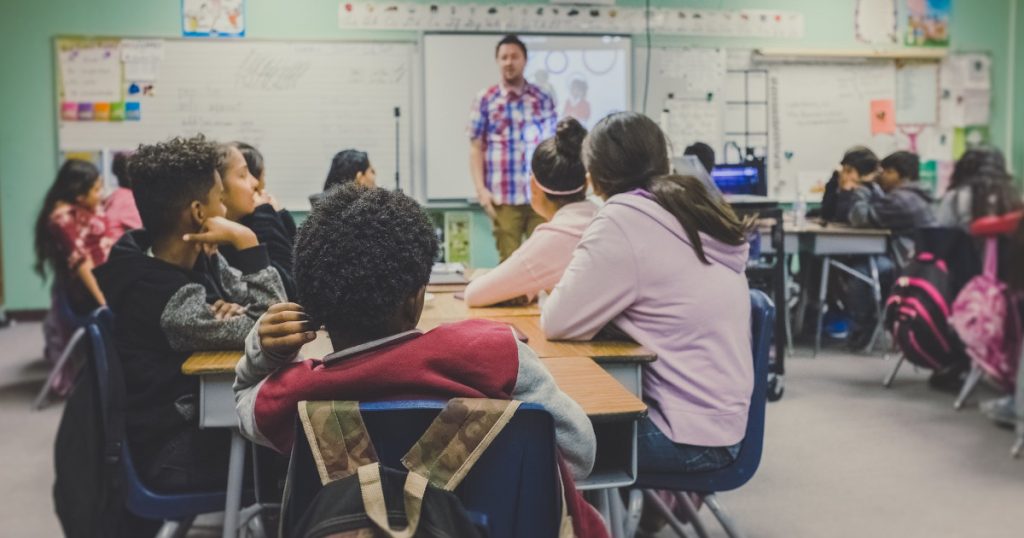
Supporting Students with Learning Disorders: A Guide for Teachers and Schools
As parents and educators, one of our most important responsibilities is to ensure that every child receives the support they need to succeed in school. For some students, this means addressing learning disorders, which can often go unnoticed or misunderstood. In this article, we will delve into the world of learning disorders, their types, signs, and how schools can better equip themselves to accommodate students with these challenges. Photo by Kenny Eliason on Unsplash Understanding Learning Disorders Learning disorders, sometimes
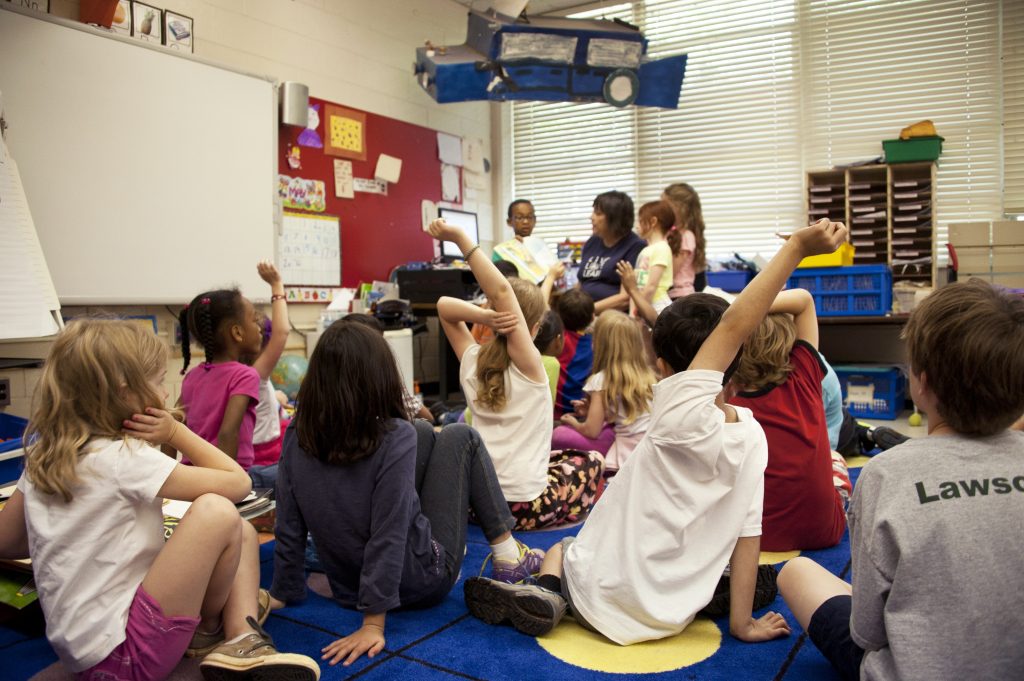
Embracing Neurodiversity: Creating Inclusive Classrooms for Neurodiverse Children
Neurodiversity means celebrating and accepting the natural differences in how people’s brains work. It recognizes that people have different brain structures and ways of processing information, leading to diverse cognitive profiles. It encompasses a wide range of conditions which are classified as learning disorders, ADHD, autism spectrum disorder, and sensory processing issues. Neurodiversity emphasizes that these variations in brain function are not inherently superior or inferior to each other but simply represent different ways of experiencing and interacting with the
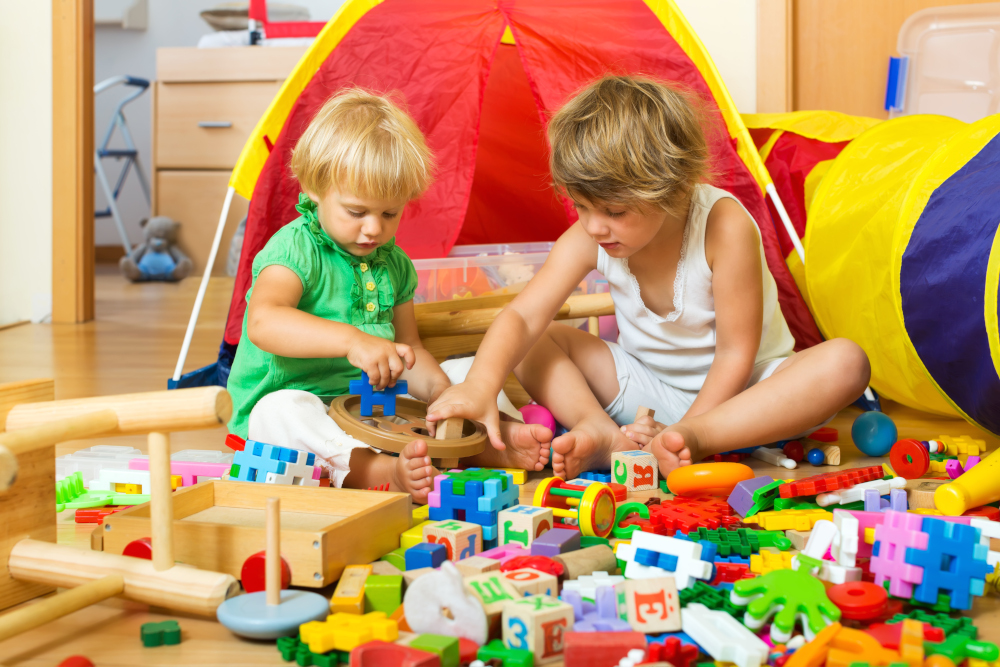
Motor Skills in Children
Motor skills are skills related to specific movements of the body’s muscles to perform a certain task. They involve moving and coordinating the muscles of the body. We use motor skills everyday throughout our lives. Almost everything that we do, from walking up a flight of stairs to taking notes on a piece of paper, is enabled by our motor skills. Motor skills and motor control begin developing after birth and will progress as children grow. The development of motor
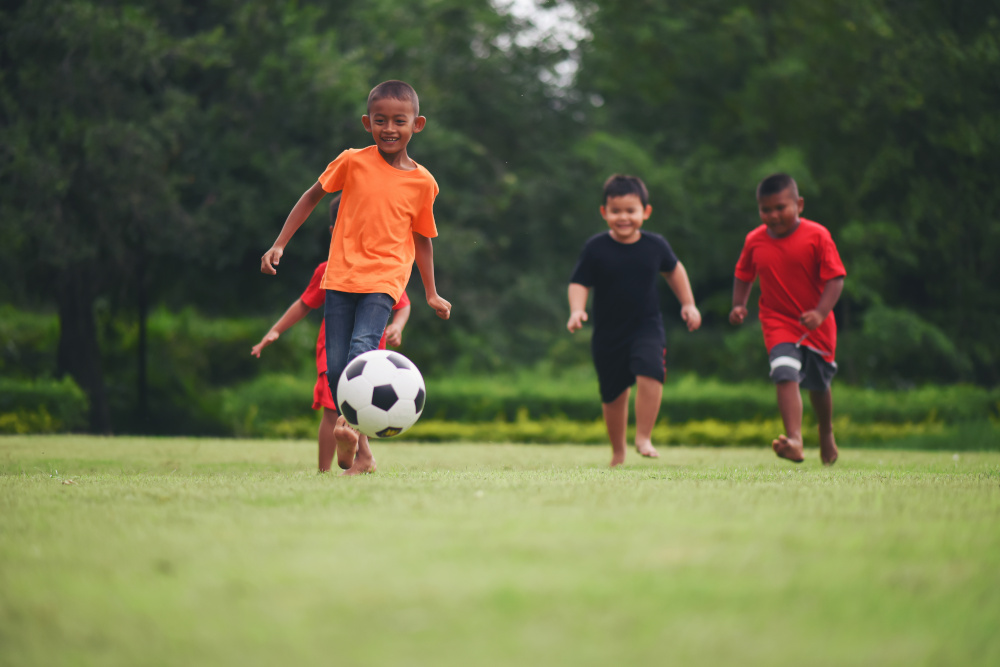
It’s not all child’s play when it comes to your child’s PLAY
Little Nyra is 8 months old. Like most babies her age, she has many toys strewn around her crib. However, she is always more interested in getting hold of her mother’s things. She often tries to grab her mother’s glasses, her phone, wallet, jewellery or pretty much anything her mother handles. She is fascinated by these objects. When she manages to get a grip on one of these things, quite to her mother’s dismay, she likes to drop them. She

YOU’LL NEVER REGRET ACTING EARLY
Do you believe in “Early intervention”? Time is ticking and don’t “wait-and-see”. Early intervention matters. It is extremely important, than the out-dated “wait-and-see” approach. It is never too soon to seek out intervention for our children. Keeping a track of how your kid plays, speaks, moves, and acts in their early years will help you to support their development. Act early when you suspect a problem and follow your gut. Early intervention: Early intervention is a collection of therapy and
